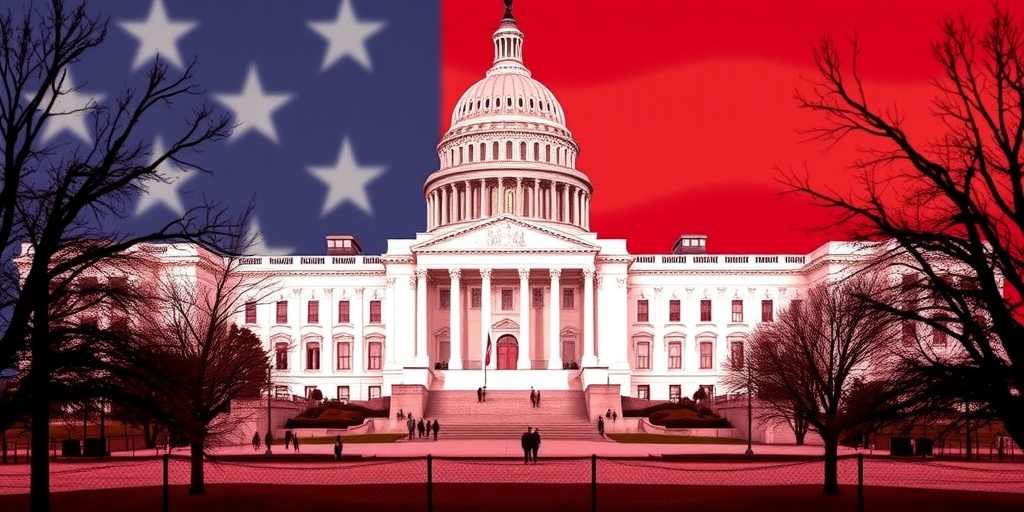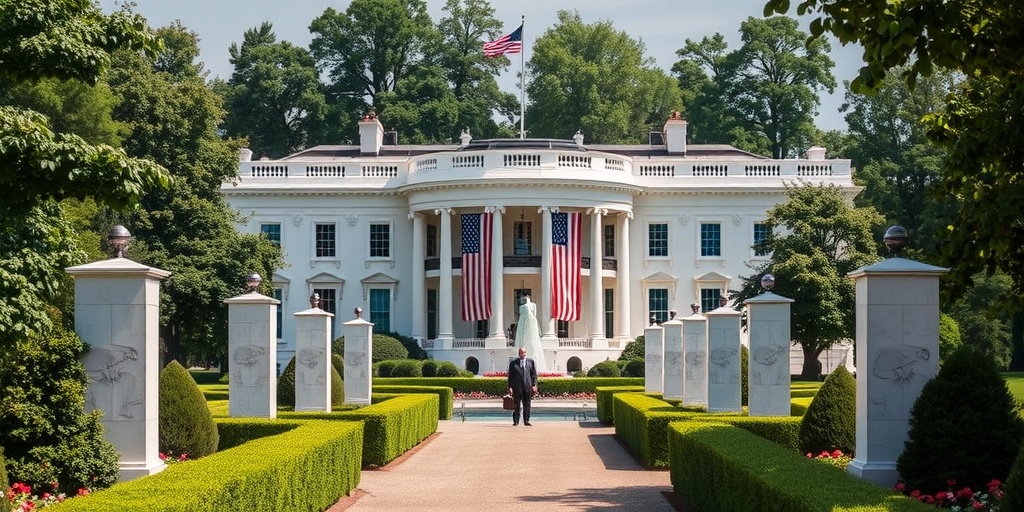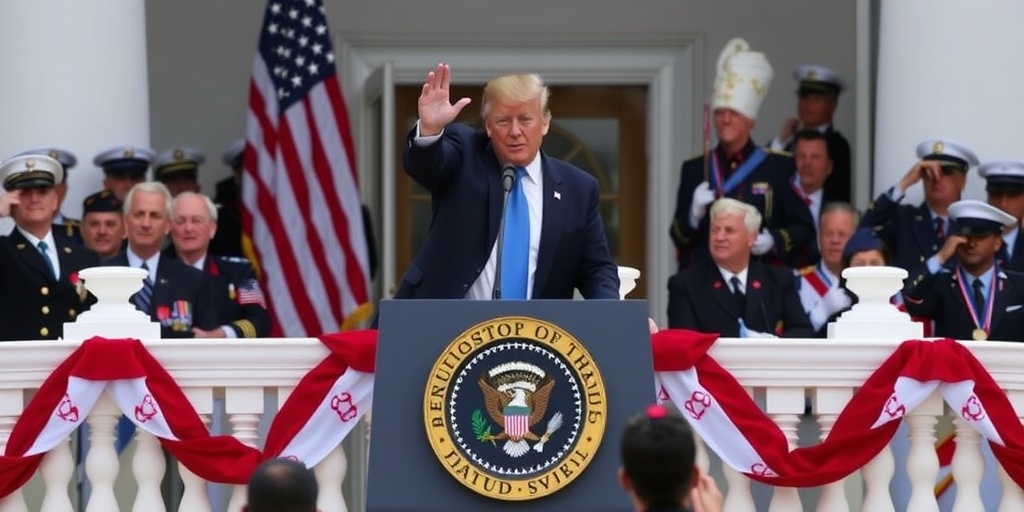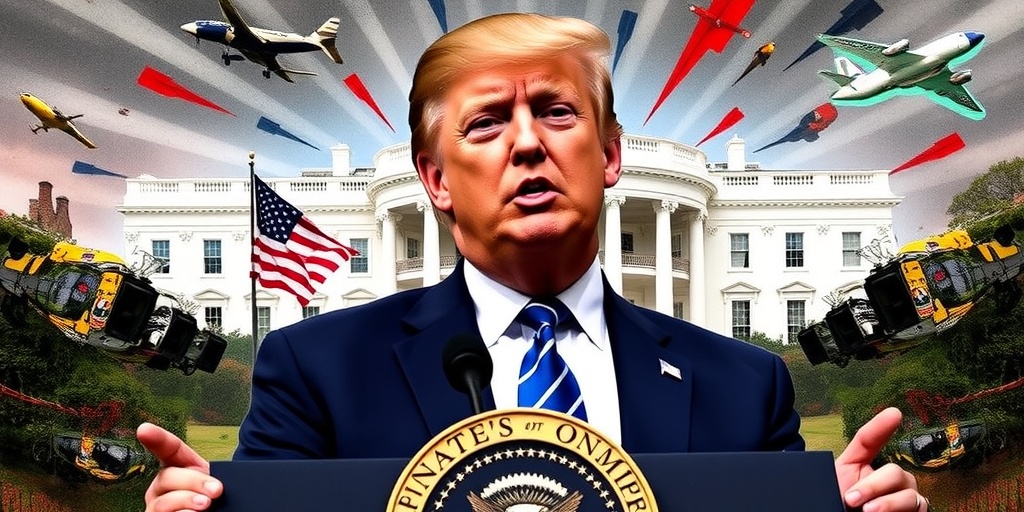Now Reading: Will Democrats’ ‘Oligarch’ Label for Trump’s Wealthy Allies Resonates?
-
01
Will Democrats’ ‘Oligarch’ Label for Trump’s Wealthy Allies Resonates?
Will Democrats’ ‘Oligarch’ Label for Trump’s Wealthy Allies Resonates?
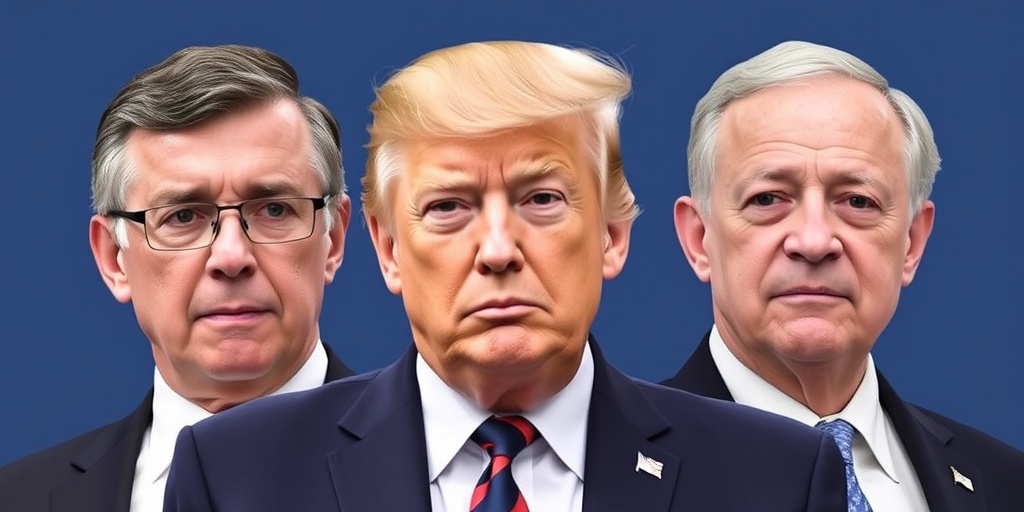
Democrats Target Billionaires as Trump’s Inauguration Approaches
As Donald Trump prepares for his second inauguration, Democrats are grappling with their position as a minority party, realizing that their political adversary has only grown in strength and popularity. With Trump’s imminent return to power, some Democrats are devising new strategies aimed not directly at the president-elect but at his billionaire allies, who they believe wield significant influence over his administration.
One prominent figure in this group is Elon Musk, the world’s richest man, who is expected to introduce his "Department of Government Efficiency" from an office within the White House complex. Democrats plan to highlight the connections between Trump’s administration and its billionaire supporters, especially as figures like Musk, Mark Zuckerberg, and Jeff Bezos are anticipated to be present at Trump’s inauguration festivities.
Representative Katherine Clark of Massachusetts, the second-ranking Democrat in the House, articulated a key component of this strategy: “We are approaching this administration, and the 13 billionaires they put in their cabinet, with the opinion that, ‘Are you going to work for the American people?’” Clark emphasized the need for wealthy individuals in power to prioritize the needs of the general population over their interests.
This narrative is bolstered by President Biden’s recent farewell address, in which he cautioned against the emergence of an “oligarchy” alongside a “tech-industrial complex.” Democrats hope that this warning resonates with a party desperately seeking to regain the support of working-class voters who shifted allegiance to Trump.
However, Democrats face a considerable challenge in effectively framing this narrative, particularly given the popularity of some billionaires within the public sphere. While Musk may be regarded as a controversial figure by some, many others view him as a modern-day Tony Stark, a hero in the eyes of tech enthusiasts. Michael Whatley, the Republican National Committee chairman, underscored this sentiment, expressing that Musk’s involvement provides significant value to Trump’s campaign.
As Democrats reconsider their approach toward billionaires, particularly those like Musk, it marks a notable shift from the Obama era when the party often refrained from directly criticizing wealthy figures. During Obama’s presidency, he famously labeled Wall Street executives as “fat cat bankers,” yet later distanced himself from vilifying anyone.
Currently, some Democratic leaders are eager to target certain billionaires, particularly Musk, whom they accuse of having disproportionate influence over government policies. At a recent forum hosted by Politico for Democratic National Committee chair candidates, one contender indicated he would decline any contributions from Musk, highlighting a growing willingness to confront the wealthy elite.
Ken Martin, the chair of Minnesota’s Democratic Party, echoed this sentiment, noting the need to distance the party from billionaires whose interests appear to conflict with working-class needs. After Musk’s involvement in influencing a spending deal, Democrats warned of the implications of having an unelected billionaire effectively acting in a presidential capacity. Prominent progressive voices, such as Senator Elizabeth Warren, have sought to emphasize the potential conflicts of interest presented by billionaire tech leaders.
While some strategists believe that criticizing Musk could serve as a strong strategy for the Democrats, not everyone is convinced. The approach comes with risks, especially considering Musk’s substantial following in certain demographics. For instance, Representative Chris Deluzio, a Democrat from Pennsylvania, cautioned against focusing on individual billionaires, suggesting instead that Democrats should address systemic issues in politics.
Deluzio’s success during the elections stemmed from a populist message rather than personal attacks on wealthy individuals. He argued that the problem lies not with individual billionaires but in a political system that allows affluent individuals more power and influence.
As the Democratic Party enters a crucial two-year period, there remains a lack of consensus on how to engage with billionaire figures like Musk. Some party members, including Senator Bernie Sanders, have attributed recent election losses to the Democrats’ failure to address the influence of an “oligarchy.” Conversely, John Fetterman, a Democratic senator from Pennsylvania, contended that the party’s struggles are more rooted in cultural issues rather than financial ones.
In this politically charged environment, the Democratic Party finds itself needing to refine its messaging and strategies. The challenge remains significant: how to appeal to voters while effectively countering the influence of billionaires who retain considerable public support. As conversations intensify around power and politics in the wake of Trump’s re-election, the Democrats must navigate this landscape thoughtfully to reclaim influence and ensure they resonate with the electorate moving forward.
Stay Informed With the Latest & Most Important News
Previous Post
Next Post
-
 01New technology breakthrough has everyone talking right now
01New technology breakthrough has everyone talking right now -
 02Unbelievable life hack everyone needs to try today
02Unbelievable life hack everyone needs to try today -
 03Fascinating discovery found buried deep beneath the ocean
03Fascinating discovery found buried deep beneath the ocean -
 04Man invents genius device that solves everyday problems
04Man invents genius device that solves everyday problems -
 05Shocking discovery that changes what we know forever
05Shocking discovery that changes what we know forever -
 06Internet goes wild over celebrity’s unexpected fashion choice
06Internet goes wild over celebrity’s unexpected fashion choice -
 07Rare animal sighting stuns scientists and wildlife lovers
07Rare animal sighting stuns scientists and wildlife lovers













